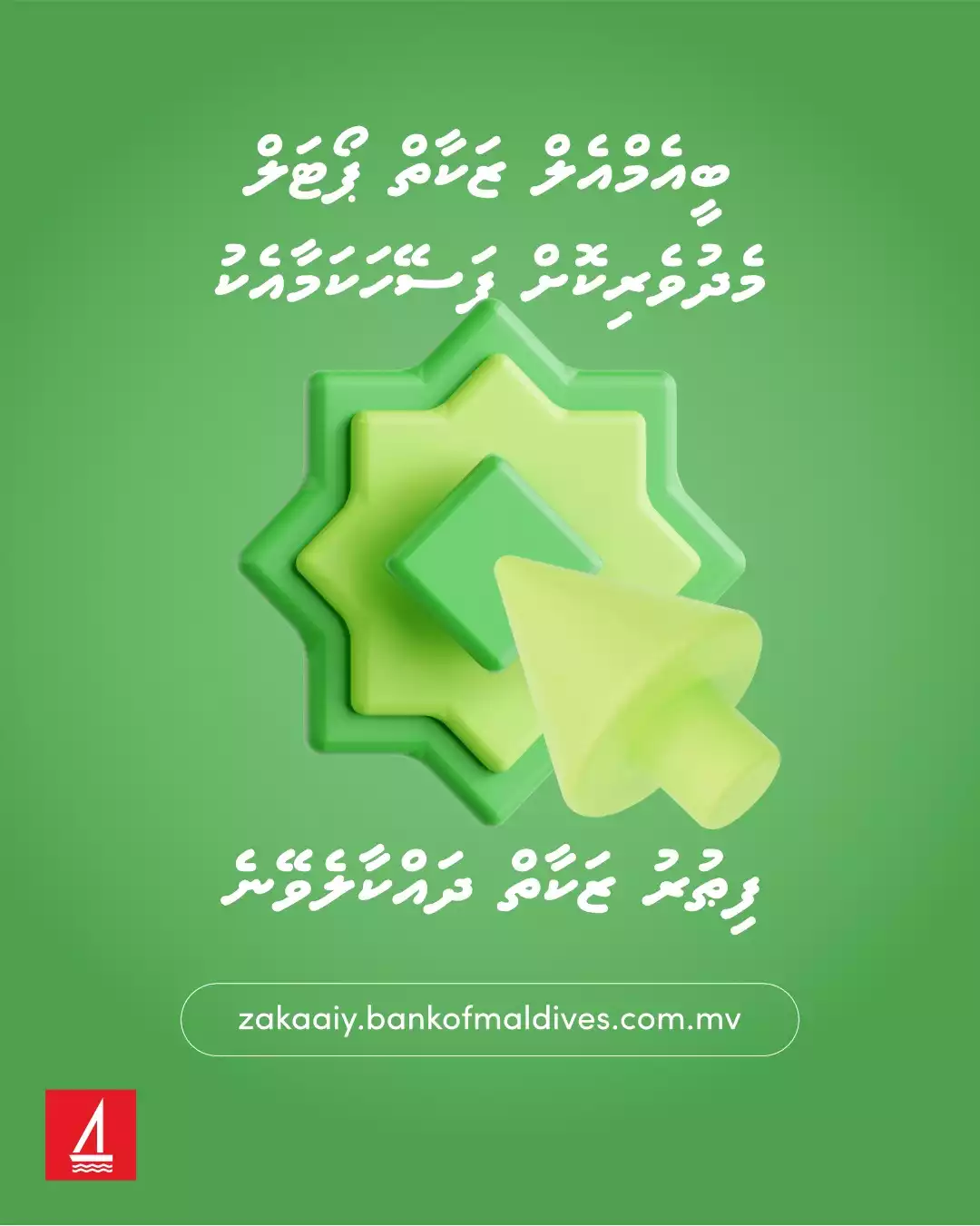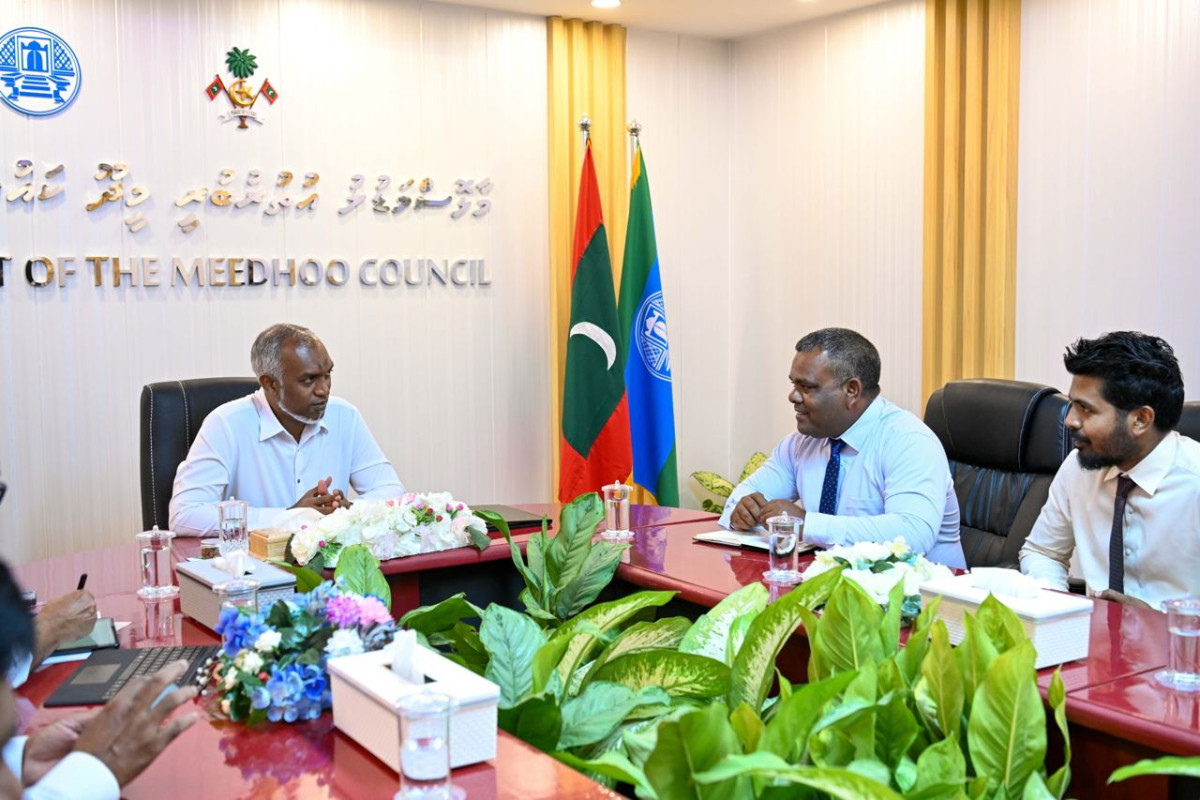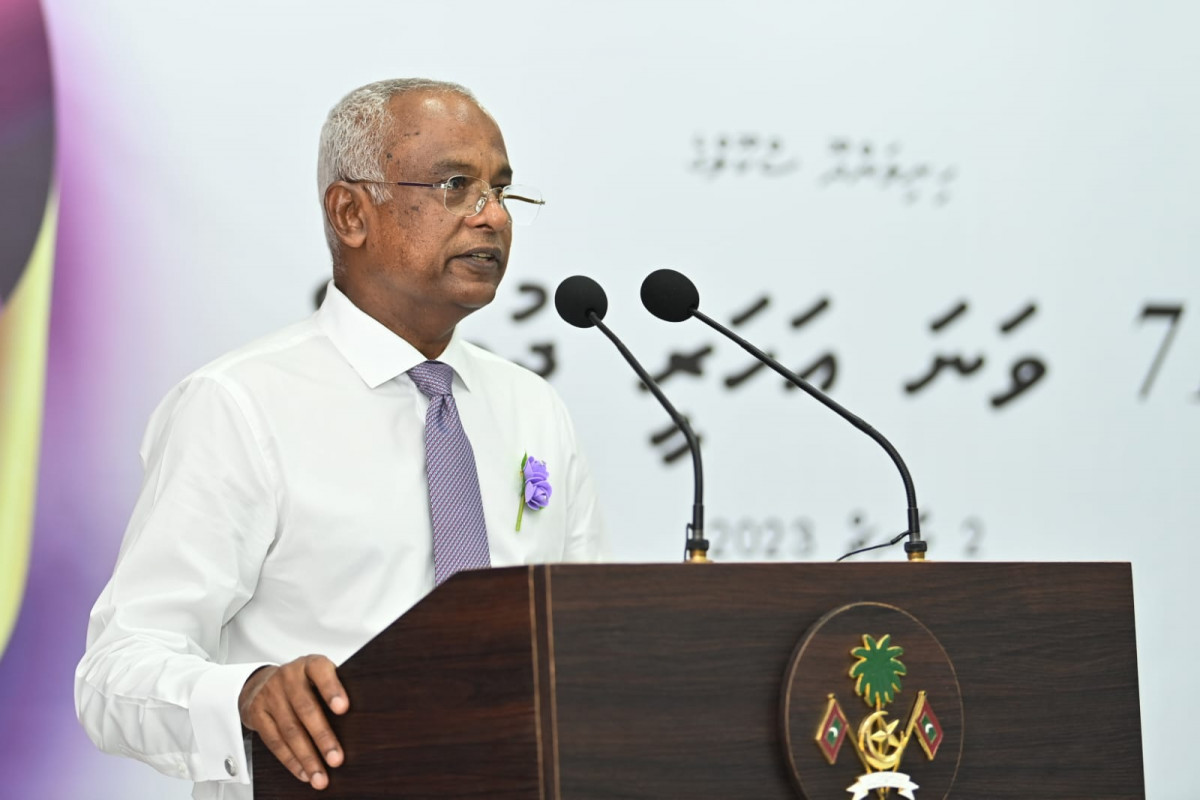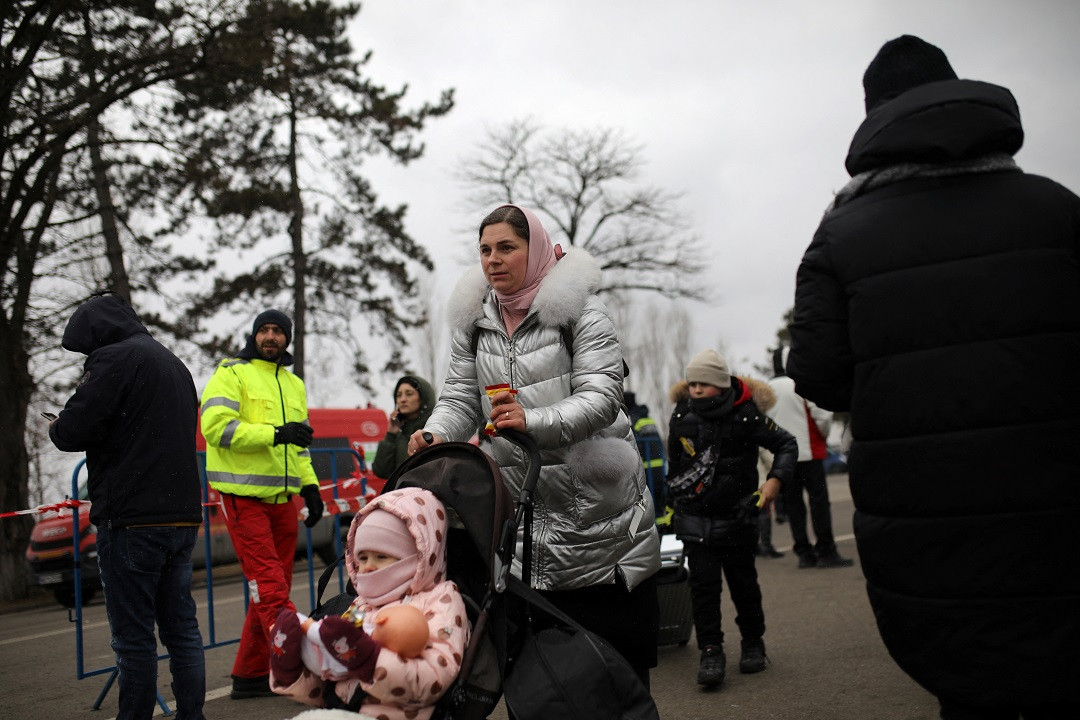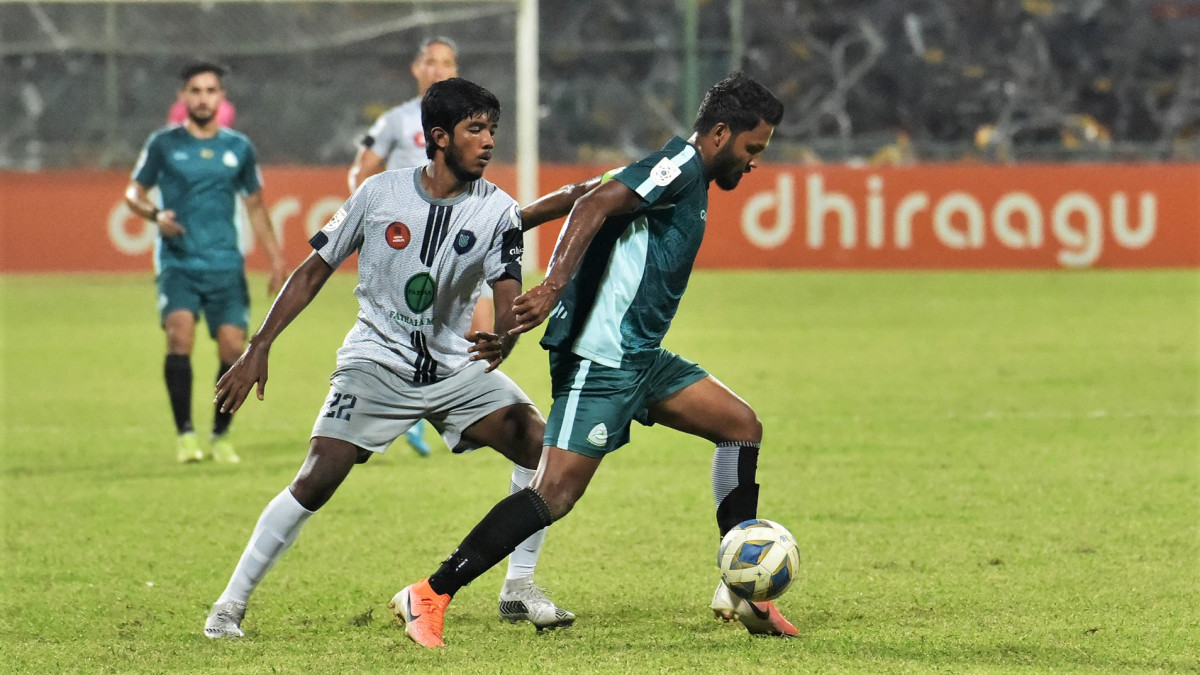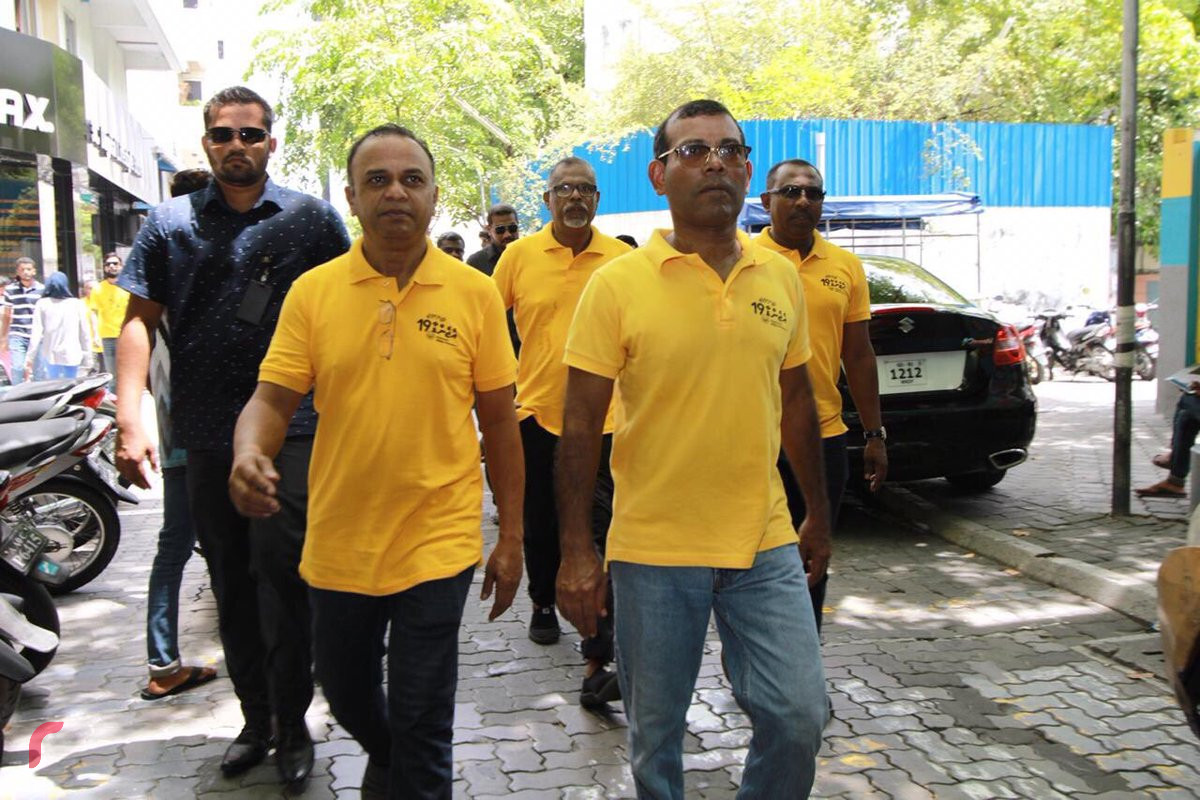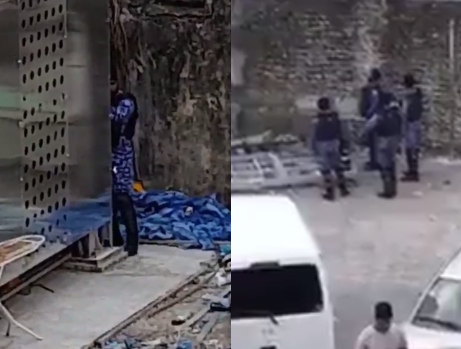Sri Lankan journalists protest outside Maldivian HC in defense of free media
The protest saw participants rallying in support of Maldivian journalists and civil society actors who have been vocally opposing the bill

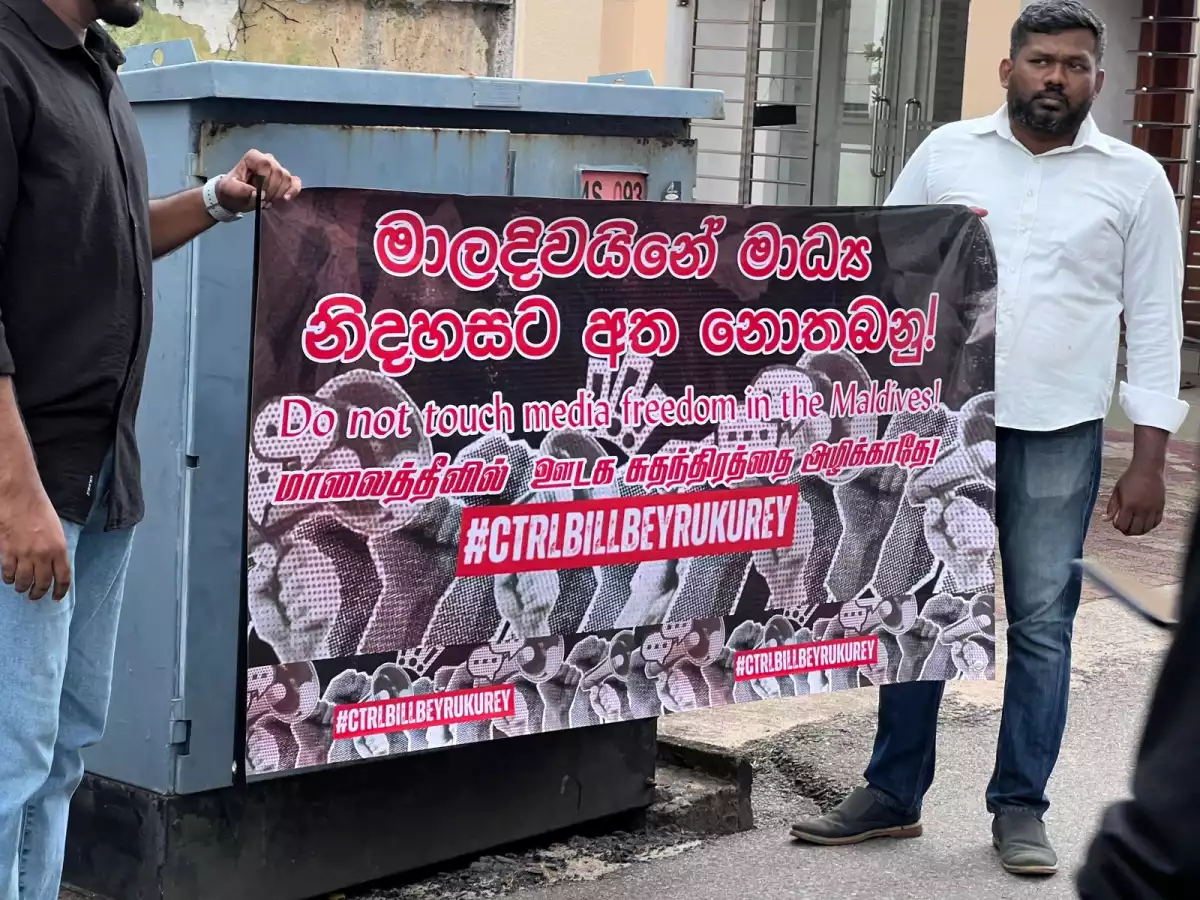
Sri Lankan activists join opposition to Maldives Media Regulation Bill
In a clear show of regional solidarity, a group of Sri Lankan media professionals and social activists staged a protest outside the High Commission of Maldives in Colombo on Wednesday, condemning the Maldivian government’s newly passed media regulation bill.
The demonstration, reported by Newswire and other Sri Lankan outlets, was a response to the growing concerns over press freedom in the Maldives following the passage of the controversial legislation.
The protest, held peacefully, saw participants rallying in support of Maldivian journalists and civil society actors who have been vocally opposing the bill. Organizers criticized the law as a serious threat to independent journalism and democratic expression in the Maldives.
As part of the demonstration, the Sri Lankan group handed over a formal letter to representatives at the Maldivian High Commission. The letter urged the Maldivian government to uphold fundamental democratic principles, particularly the protection of free speech, dissent, and the space for opposition voices.
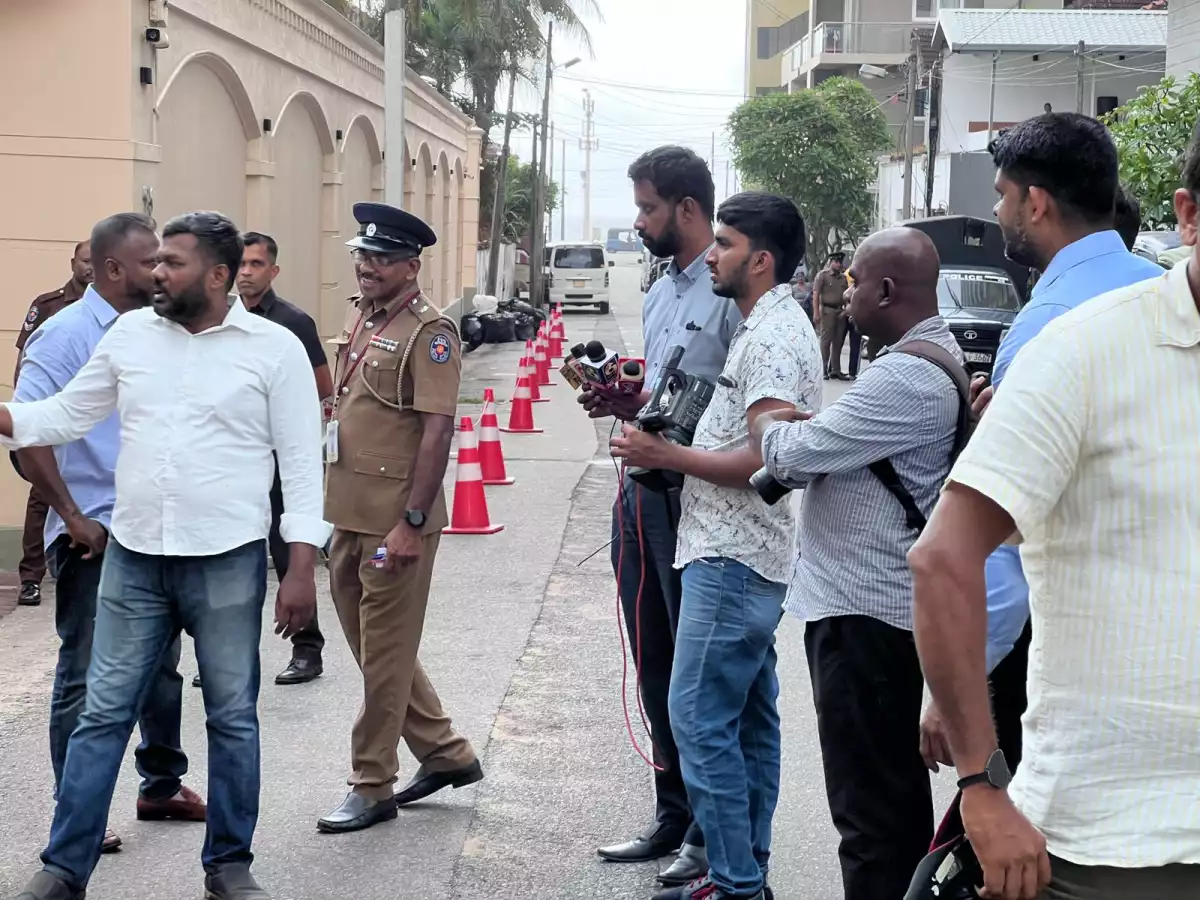
The media regulation bill in question was pushed through the People’s Majlis in an extraordinary sitting held on September 16. Despite widespread protests outside the legislature from journalists, opposition MPs, and members of the public, the government, led by President Dr. Mohamed Muizzu, used its parliamentary supermajority to force the bill’s passage.
Maldivian and international press freedom advocates have described the bill as a deliberate attempt to stifle media independence and suppress critical reporting. Rights groups warn that the legislation opens the door for legal intimidation, censorship, and increased government oversight of the press.
Tuesday’s protests in Malé City showed police using excessive force to disperse demonstrators. Several journalists were physically assaulted, with reports of kneeling on their heads, twisting their arms, and dragging them away. Some were left visibly injured. These actions have further fueled accusations of state-led repression and a broader authoritarian shift under the Muizzu administration.
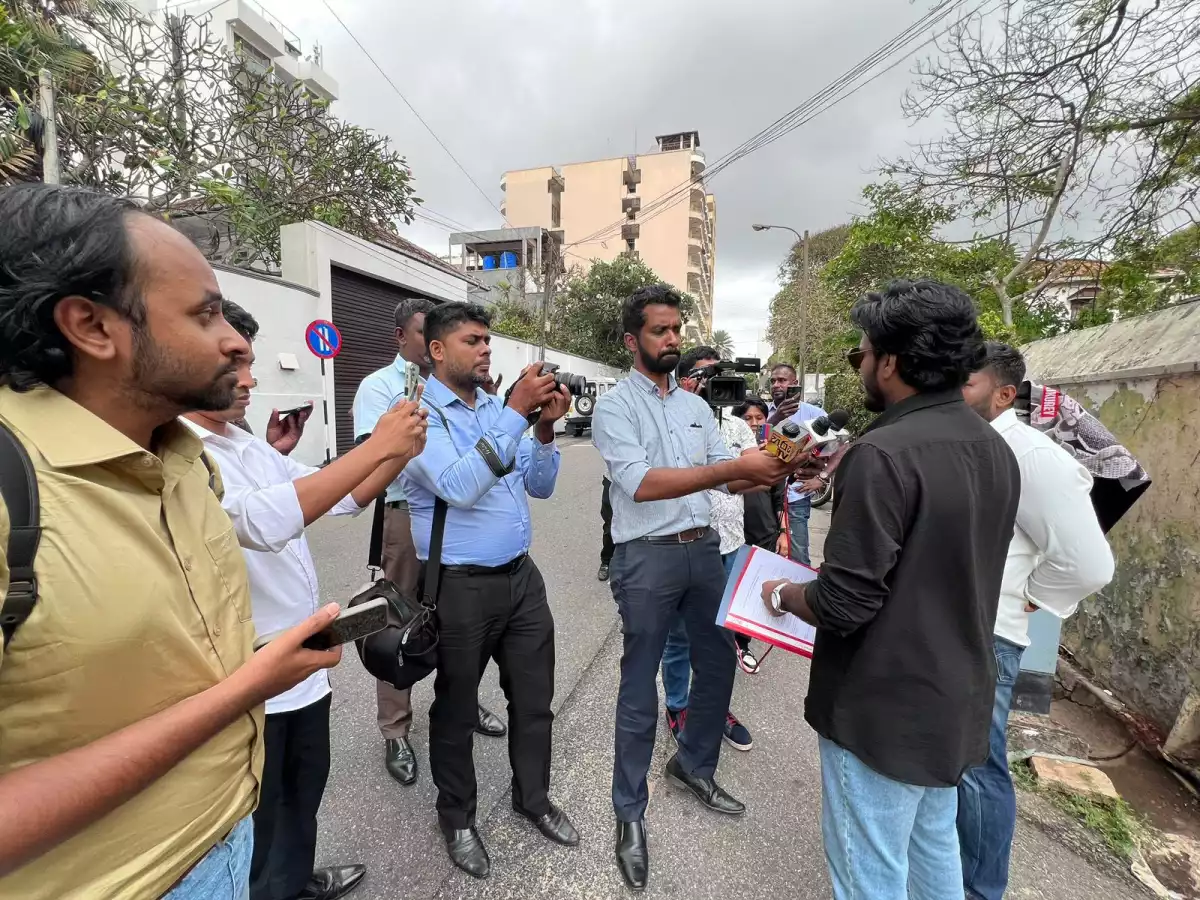
Legal experts and opposition leaders have also raised alarm over the bill’s vague language and its potential use as a tool to criminalize dissent. They argue that the law directly undermines constitutional protections of free expression and sets a dangerous precedent for state control over independent media.
The protest in Colombo underscored how the erosion of press freedom in the Maldives is drawing concern beyond its borders. Sri Lankan activists have emphasized that regional solidarity is essential in defending democratic rights, particularly as neighboring nations face similar challenges to press freedom and institutional independence.
As criticism mounts both domestically and internationally, pressure is building on the Maldivian government to reconsider its stance.
However, with the bill already passed, many fear that the damage to democratic norms, and to the future of independent journalism in the Maldives may already be well underway.
